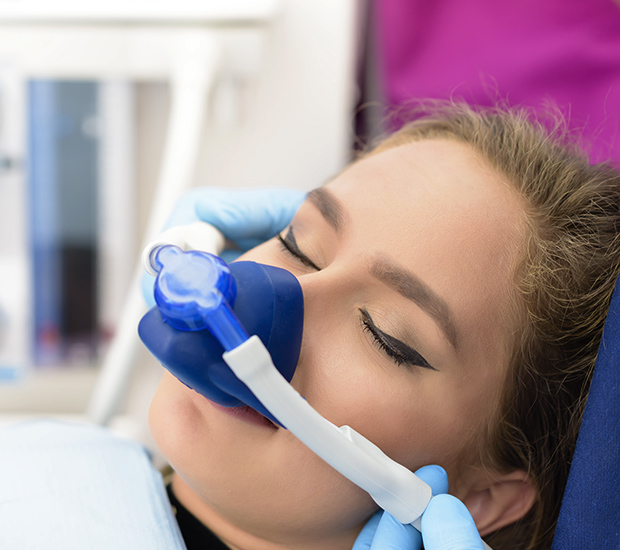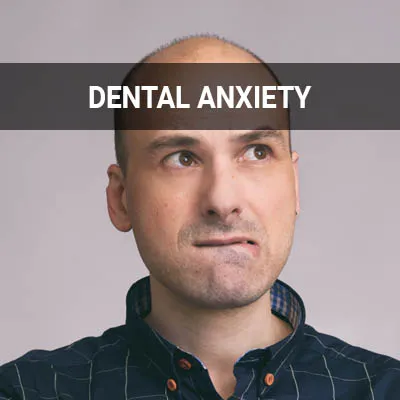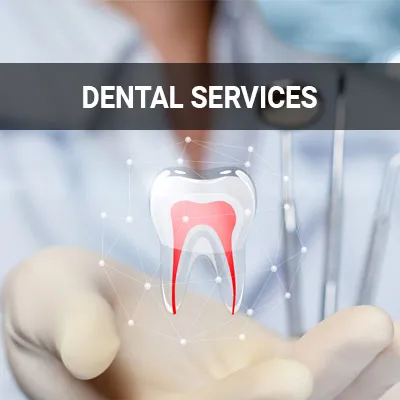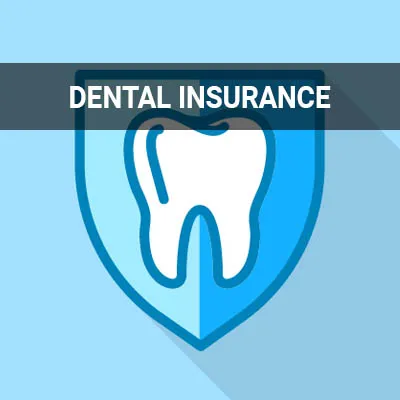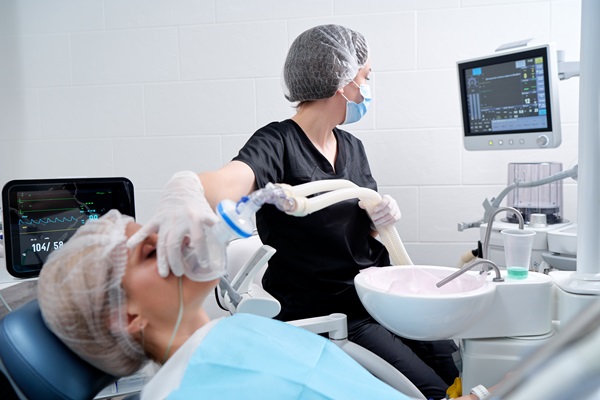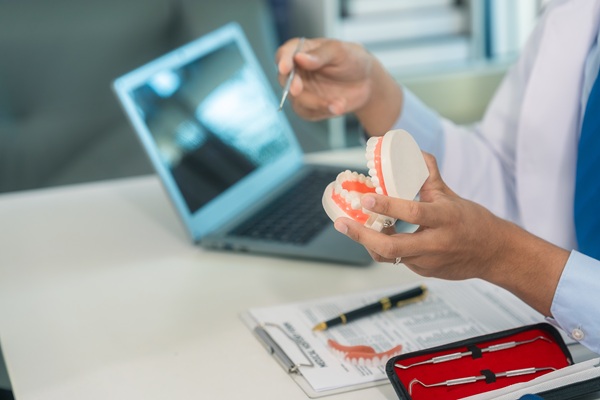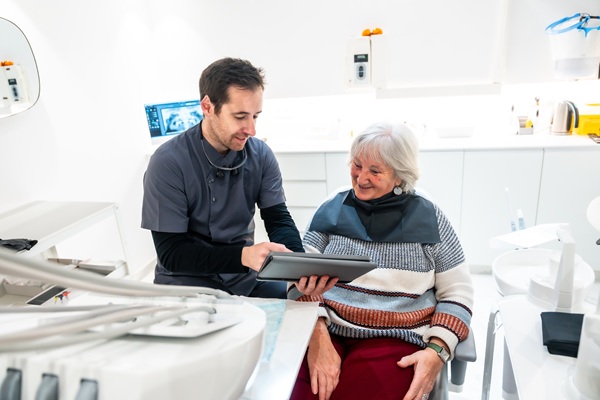Sedation Dentist Alpharetta, GA
Modern dentistry offers a variety of techniques to help patients stay comfortable during dental procedures. Learning more about these techniques can ease patients' concerns about the procedures they need. A sedation dentist uses medication to provide patients with a safe and comfortable dental care experience. Sedation can make necessary dental procedures much easier and is one of several options available to manage pain and anxiety at the dentist's office.
A sedation dentist is available at Windward Parkway Dentistry in Alpharetta and the surrounding area. If you need dental work but feel anxious about what it entails, discuss how sedation can address your concerns. A qualified dentist can inform you about various options and make recommendations based on your concerns and medical history. Call us at (770) 814-6224 to schedule an appointment.
How Sedation Dentistry Works
A sedation dentist administers medicine that helps patients relax during the procedure. For most patients, this comes in addition to the usual pain relief, or an anesthetic, which is typically administered through an injection to the affected area. Sedation has the added effect of reducing patient anxiety and awareness of the details of a procedure.
WebMD explains that sedation for dental procedures can be mild, moderate, or deep. With mild sedation, most patients remain fairly alert but feel relaxed. Moderate sedation induces a deeper state of relaxation; patients undergoing it may not remember much of the procedure. Patients under deep sedation are still conscious but become drowsy and detached from their surroundings.
“A sedation dentist administers medicine that helps patients relax during the procedure.”
Treatments That Require Sedation
There are several types of medications potentially used in dental sedation. They can be given as a pill or administered intravenously. For minimal sedation, patients may receive gas inhaled through a mask. This type of sedation wears off quickly. The type of sedative used is determined by the patient's treatment, their tolerance, and conditions or illnesses they may have.
Local anesthesia is typically administered for minor restorative procedures such as cavity fillings, tooth extractions, root canal treatments, dental crown placement, and scaling and root planing. General anesthesia, usually inhaled or administered through an IV, is used for more severe procedures. It is commonly used for bone grafts, corrective jaw surgery, general tooth extractions, oral cancer surgery, sleep apnea surgery, cosmetic dental procedures, and cleft lip/palate surgery.
“The type of sedative used is determined by the patient’s treatment, their tolerance, and conditions or illnesses they may have.”
Receiving Sedation At the Dentist’s Office
A sedation dentist may provide various types of sedation, including minimal sedation, IV moderate sedation, and deep sedation. Common forms of minimal sedation include nitrous oxide inhalation or pills. Depending on the dosage, pills can also be used to produce moderate sedation.
Sedation dentists can also provide IV moderate sedation in the dental office. This involves administering sedatives through a vein to take effect quickly. Deep sedation will put patients asleep, so they do not experience any pain or discomfort during the procedure. However, this form of sedation requires at least three dental professionals to be in the room to monitor the patient.
“A sedation dentist may provide various types of sedation, including minimal sedation, IV moderate sedation, and deep sedation.”
Check out what others are saying about our dental services on Yelp: Sedation Dentist in Alpharetta, GA
Preparing for a Sedation Procedure
Sedation can help patients get through most types of dental procedures. Preparation is key to making things go smoothly. Taking the following steps can help patients get the dental care they need with minimal pain and anxiety:
- Ask about available sedation types: A sedation dentist may use several types of medication. Different dosages can also control the strength of the sedation. Patients should also tell the dentist about their preferences; for example, a patient who dislikes needles may benefit from oral or inhaled sedation instead of having an IV.
- Review medical history, including allergies and medications: Some medical conditions or medications may interact negatively with some sedation components. It is important for the dentist to have all relevant information in order to administer sedation properly. Patients whose medical history makes some types of sedation contraindicated can still benefit from other formulations.
- Go over the information with the sedation dentist: A sedation dentist typically provides detailed instructions on how to prepare for a procedure under sedation and what to do afterward. It is important to follow these recommendations correctly for optimal comfort and safety. Be sure to ask questions if any instructions are unclear.
- Make arrangements for getting home: Patients undergoing most types of sedation are advised to arrange for a ride home. The effects of sedation can linger for some time and can include drowsiness or dizziness. With certain types, it may be safe for the patient to go home on their own shortly after the procedure. The California Dental Association notes that the mild effects of nitrous oxide typically last for about 15 minutes after the procedure.
“Preparation is key to making things go smoothly.”
Questions Answered on This Page
Q. How does sedation dentistry work?
Q. What types of dental procedures require sedation?
Q. How can I prepare for a sedation procedure?
Q. How can I prepare for a sedation procedure?
Q. When is sedation dentistry not possible?
People Also Ask
Q. How often do I need to visit the dentist?
Q. What steps should happen after chipping a tooth?
Q. Why do I need routine dental treatment?
Q. How can I cope with dental anxiety or phobia?
Q. What happens at a dental checkup?
Q. What should I know before beginning my search for a dentist?
When Sedation Dentistry is Not Possible
While sedation dentistry can help many people, it is not possible for everyone. Patients with certain conditions such as obesity or obstructive sleep apnea may not be able to receive this treatment due to the possibility of complications. Our dentist will speak with patients before providing sedation to ensure that it is safe.
This process will include reviewing a patient's health history and medications to determine whether they are a good candidate for sedation. It is crucial to receive sedation from a trained and qualified sedation dentist. Our team will work with each patient to determine their candidacy for sedation and ensure their safety.
“Patients with certain conditions such as obesity or obstructive sleep apnea may not be able to receive this treatment due to the possibility of complications.”
Frequently Asked Questions
Q. Is sedation dentistry safe?
A. Sedation dentistry is safe for many people. However, patients who have sleep apnea or are obese have a higher risk of complications from the medication. They should inform the dentist of their medical history so the practitioner can determine if sedation is the right solution.
Q. Who should see a sedation dentist?
A. Patients who experience severe anxiety over the thought of visiting the dentist should consider sedation dentistry. According to WebMD, this practice also benefits people with gag reflexes, sensitive teeth, or low pain tolerances. It may also be an option for those who have difficulty sitting still for extended periods or need a significant amount of work done.
Q. Why are sedation dentists beneficial?
A. Proper oral hygiene, including routine dental exams and cleanings, is essential for good oral health. However, many people have distress during dental procedures, causing them to avoid the dentist as often as possible. This leads to a decline in oral health and could lead to major problems in the future. A sedation dentist helps patients relax to undergo the cleanings and other procedures they need to maintain healthy teeth.
Q. Can children see a sedation dentist?
A. According to the American Academy of Pediatrics, dental sedation is safe for children. Many kids are uncooperative or scared while in the dentist's chair, and sedation makes them feel at ease throughout the procedure. Most children only need mild sedation.
Q. Is there a recovery period after being sedated for dental procedures?
A. Most patients will feel drowsy for a few hours after seeing a sedation dentist. If you have received mild sedation, you may be able to drive yourself home but should rest the remainder of the day. Patients who receive moderate to deep sedatives will need someone else to drive them home and may sleep for a few hours after the appointment. However, all patients can resume their normal lifestyles the day after the procedure.
Dental Terminology
Consult a Dentist About Sedation During Procedures
Sedation dentistry offers a way to get necessary dental care without fear or anxiety. Talk to a dentist about sedation options today. Call us at 770-814-6224 to schedule a visit.
Helpful Related Links
- American Dental Association (ADA). Glossary of Dental Clinical Terms. 2024
- American Academy of Cosmetic Dentistry® (AACD). Home Page. 2024
- WebMD. WebMD’s Oral Care Guide. 2024
About our business and website security
- We accept the following payment methods: Cash, Check, Discover, MasterCard, and Visa
- We serve patients from the following counties: Fulton County
- We serve patients from the following cities: Alpharetta, Bethany Crossing, Herring Township, and Milton
- Norton Safe Web. View Details
- Trend Micro Site Safety Center. View Details
Back to top of Sedation Dentist
